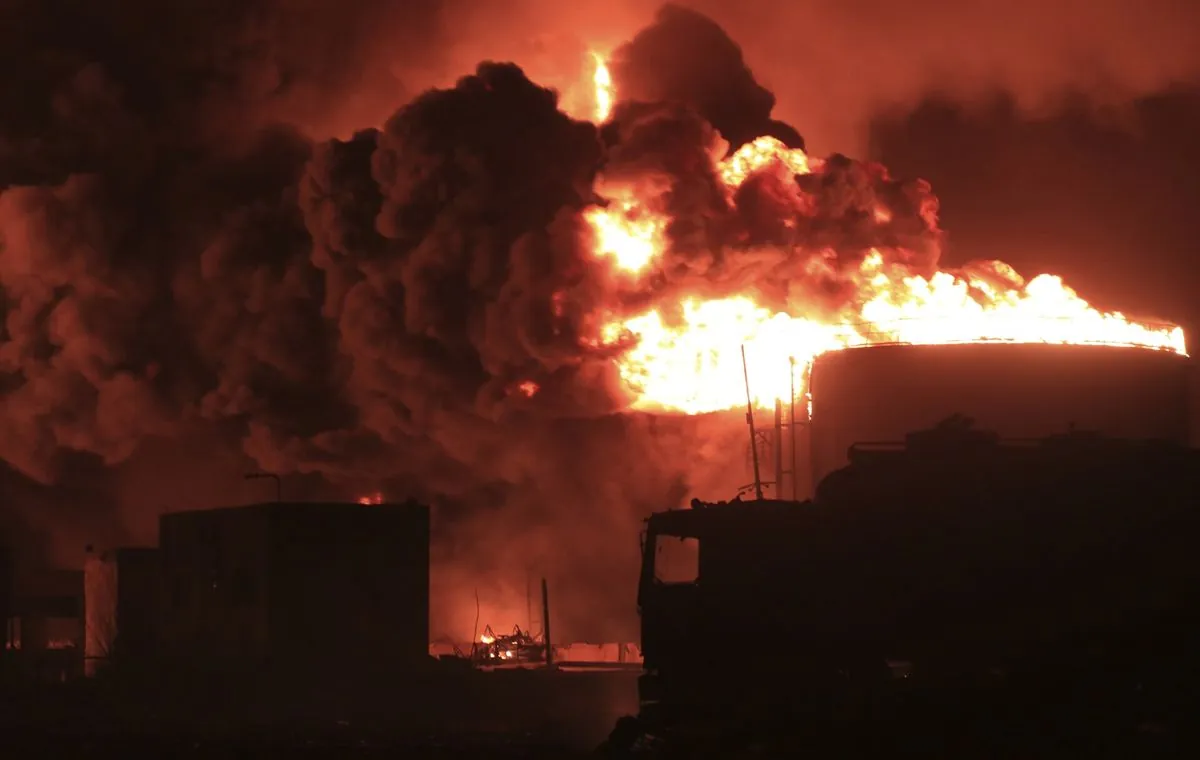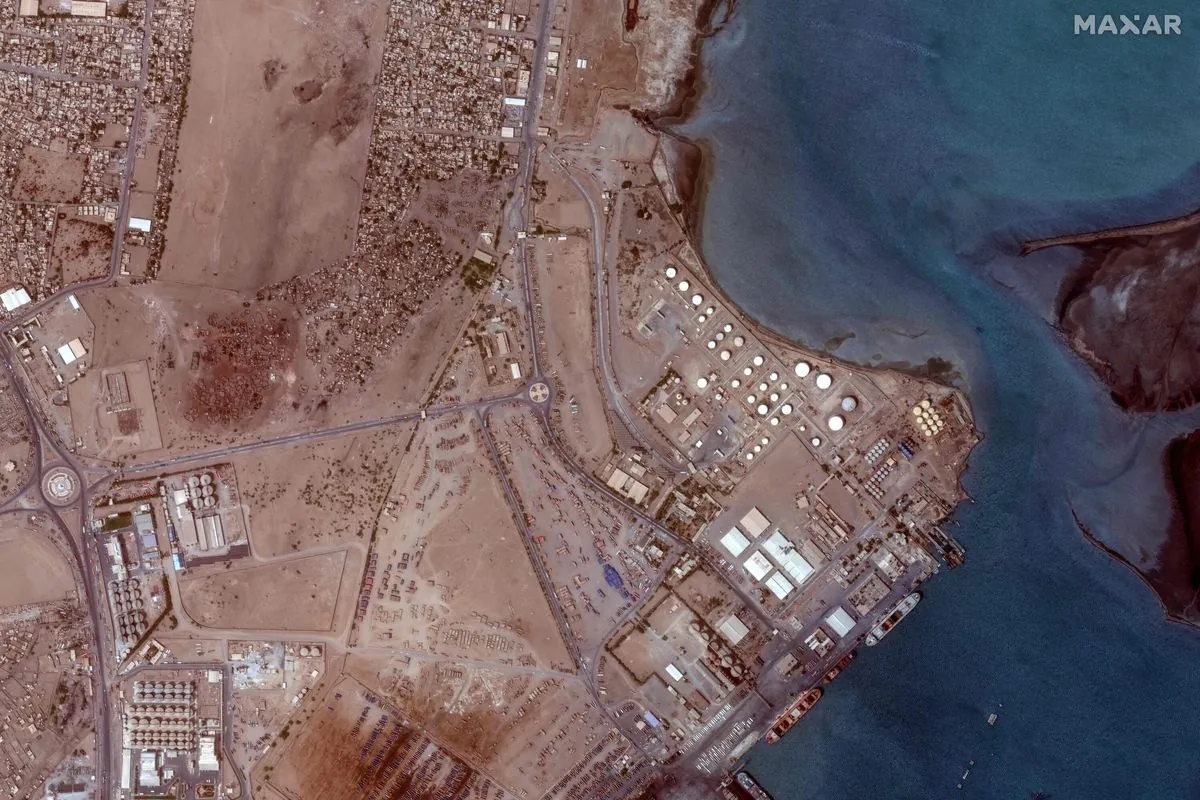Israel Strikes Houthi Targets in Yemen After Missile Attacks
Israel launched airstrikes on Houthi targets in Yemen following missile attacks on Israeli territory. The strikes targeted power plants and ports, escalating regional tensions in the ongoing Middle East conflict.

In a significant escalation of regional tensions, Israel conducted airstrikes against Houthi targets in Yemen on April 29, 2024. This action came in response to recent missile attacks by the Houthi militants on Israeli territory, marking a new front in the ongoing Middle East conflict.
The Israeli military reported that dozens of aircraft, including fighter jets, targeted power plants and seaports in Ras Issa and Hodeidah. These strikes resulted in widespread power outages across Hodeidah, a crucial port city for humanitarian aid deliveries in Yemen, which has been grappling with a devastating civil war since 2014.

"Over the past year, the Houthis have been operating under the direction and funding of Iran, and in cooperation with Iraqi militias in order to attack the State of Israel, undermine regional stability, and disrupt global freedom of navigation."
The Houthis, officially known as Ansar Allah, have been launching missiles and drones at Israel since the Gaza war began on October 7, 2023, following a Hamas attack on Israel. The Zaidi Shia Muslim movement, which controls the Yemeni capital Sanaa and much of northern Yemen, claims these attacks are in solidarity with Palestinians.
In their most recent offensive, the Houthis stated they had launched a ballistic missile towards Ben Gurion International Airport near Tel Aviv on April 28, 2024. Israel reported successfully intercepting this missile, as well as another one fired the previous day, likely using its sophisticated Iron Dome defense system.
The conflict has drawn attention to Yemen's strategic importance, particularly its proximity to the Bab el-Mandeb strait, a critical point for global shipping. The Houthi movement, which has been on the U.S. list of Foreign Terrorist Organizations, is known for its anti-American and anti-Israeli stance, as reflected in their slogan.
This escalation comes at a time when Yemen, once known as "Arabia Felix" for its fertility and wealth, is facing what the UN has called the world's worst humanitarian crisis. The ongoing civil war has severely impacted the country's infrastructure and economy, making it the poorest nation in the Middle East.
The situation is further complicated by the involvement of regional powers. Iran has been accused of providing military support to the Houthis, while Saudi Arabia and the UAE have been involved in the conflict on the opposing side. This latest development adds another layer to the complex web of alliances and conflicts in the region.
In a related event, the Houthis recently mourned the death of Hezbollah chief Sayyed Hassan Nasrallah, their ally in the Iran-backed alliance opposing Israel. Nasrallah's death in an Israeli airstrike in Beirut further underscores the interconnected nature of these regional conflicts.
As tensions continue to rise, the international community watches closely, concerned about the potential for further escalation and the impact on civilian populations in both Yemen and Israel. The conflict's expansion highlights the urgent need for diplomatic efforts to address the underlying issues and prevent further destabilization in the region.


































